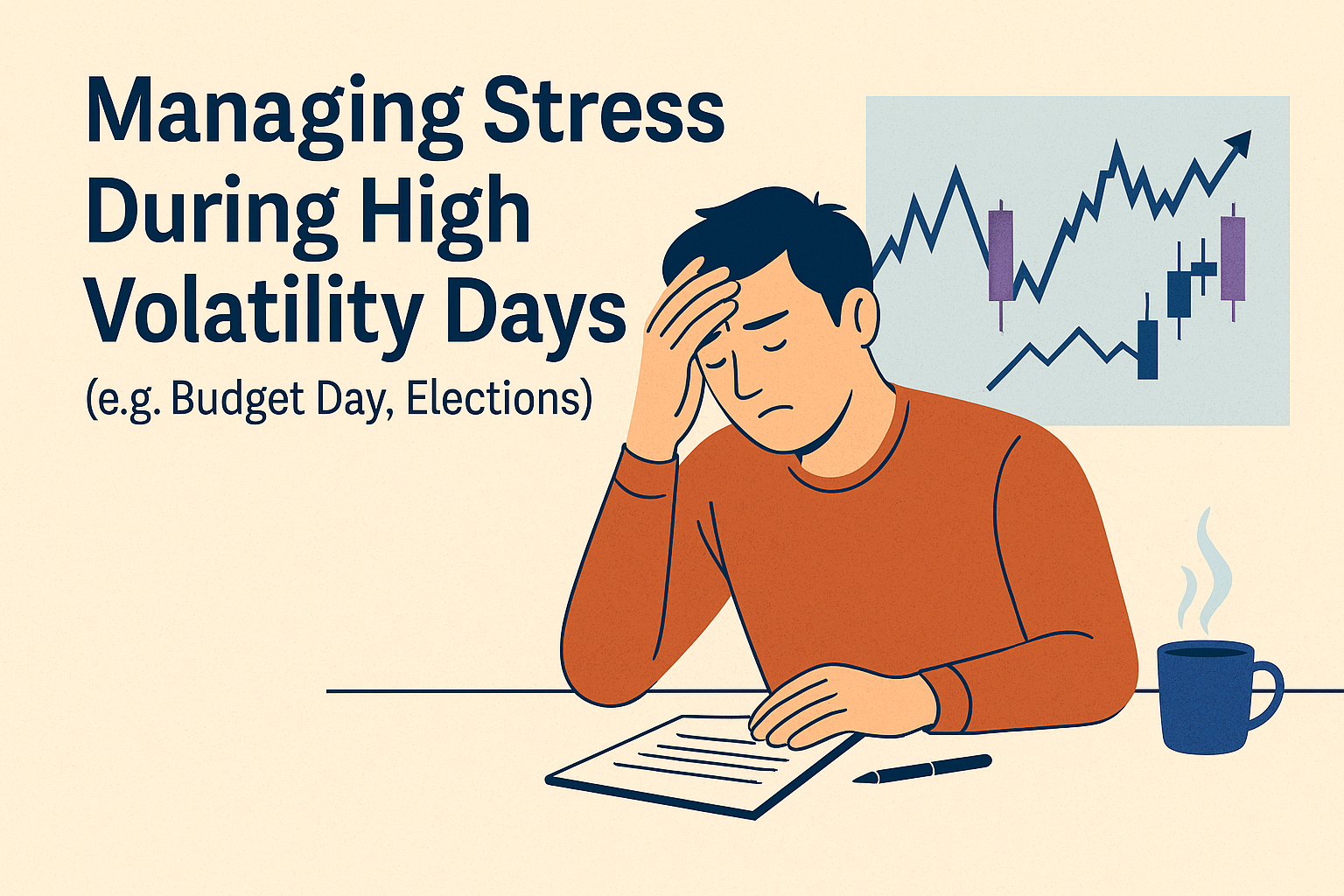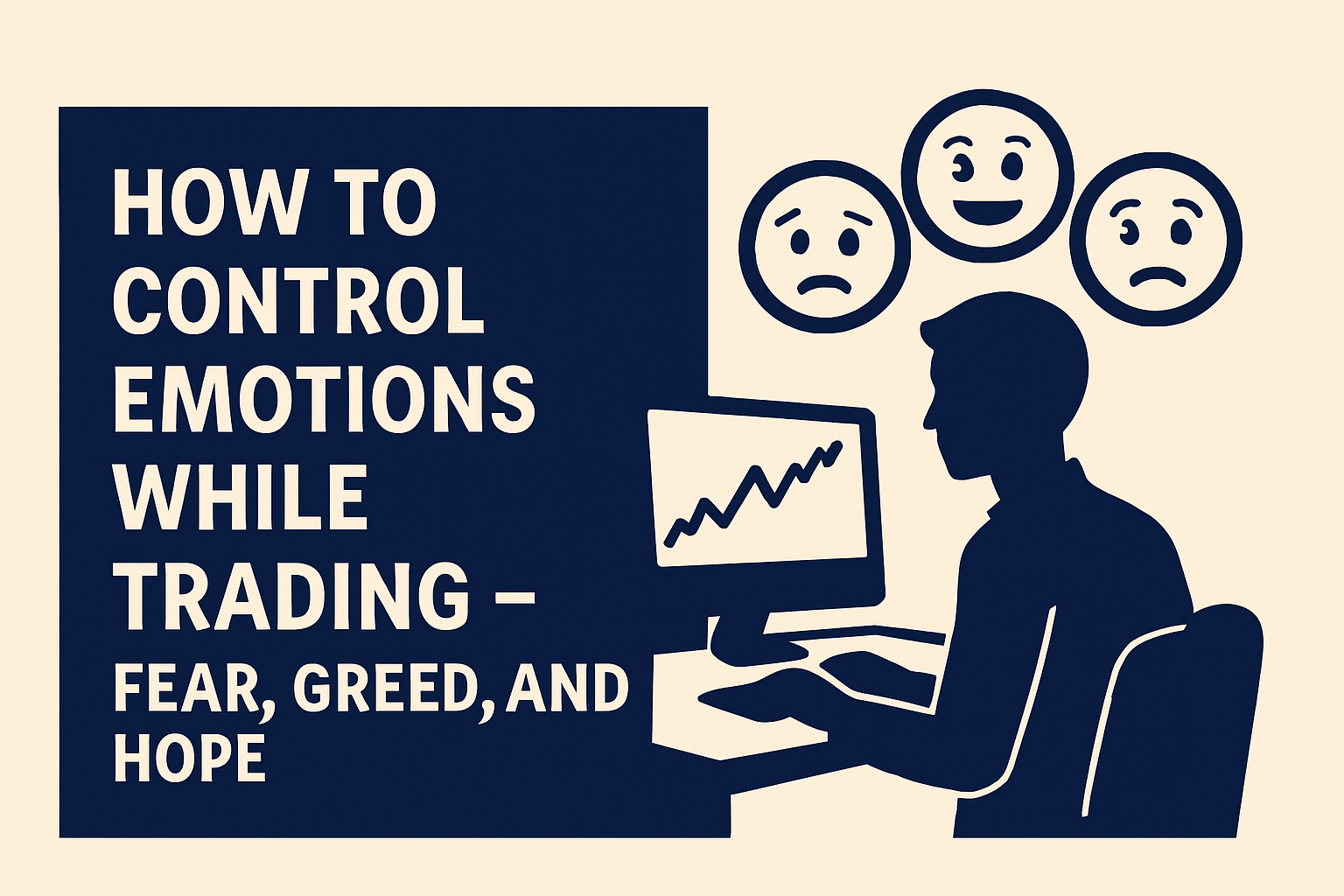Introduction
Many traders spend months or even years searching for the perfect strategy—one that always wins, never fails, and delivers consistent profits. But the reality is this: there is no perfect strategy. What separates successful traders from the rest isn’t a magic formula—it’s discipline. The ability to follow a plan, manage risk, and stay consistent is what builds long-term success.
The Illusion of the Perfect Strategy
New traders often believe that one strategy will solve all problems. They keep switching systems, tweaking indicators, or chasing someone else’s method. But even the most profitable strategies have losing trades. The real question is: can you stick with your plan through the ups and downs?
Why Discipline Matters More
1. Discipline Enables Consistent Execution
A strategy only works if it’s applied consistently. Skipping rules, entering too early, or exiting too late ruins the edge—even if the system is sound.
2. Discipline Protects Capital
Following stop-losses, limiting position sizes, and avoiding revenge trades are all acts of discipline. Without it, even the best setup can lead to huge losses.
3. Discipline Reduces Emotional Trading
Markets trigger fear, greed, and frustration. Discipline acts as a mental shield that helps you make rational decisions in irrational environments.
4. Discipline Builds Confidence
When you follow your trading rules—even during losing streaks—you begin to trust your process. That trust is far more powerful than any technical setup.
5. Discipline Outperforms Random Wins
Random wins may feel good short term, but they create bad habits. Disciplined traders develop consistency, which leads to long-term growth.
What Discipline Looks Like in Real Trading
- Always placing a stop-loss—no exceptions
- Not trading outside your strategy, even if a setup looks tempting
- Following pre-set entry and exit plans
- Respecting position size limits
- Journaling every trade, win or lose
- Taking breaks when emotionally overwhelmed
How to Strengthen Your Trading Discipline
1. Have a Written Trading Plan
Outline your strategy, risk management rules, and mindset guidelines. Refer to it before and after every trading session.
2. Use Checklists Before Every Trade
Confirm that your setup meets all criteria before entering. This prevents emotional and impulsive trades.
3. Review Your Performance Weekly
Track not just profits, but how well you followed your plan. Reward discipline, not just wins.
4. Take Accountability
Be honest about mistakes. Don’t blame the market—learn from missteps and refine your behavior.
5. Limit Screen Time
Overexposure to charts leads to overtrading. Plan your sessions and step away when your setups aren’t there.
Conclusion
No trading strategy can protect you from emotional decisions. Discipline is what keeps you grounded, especially when the market challenges your patience and confidence. Focus on mastering yourself—not just the charts—and you’ll find consistent success is well within reach.














